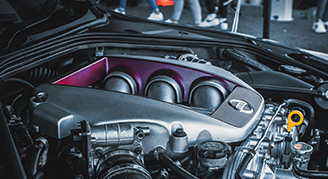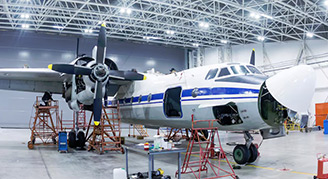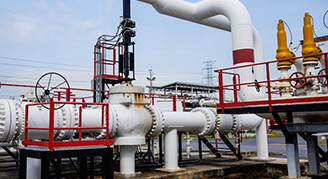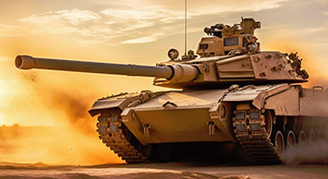Forging: Shaping Strength, Delivering Reliability
Forging is a powerful manufacturing process that uses compressive forces to shape metal into high-strength components. By applying controlled pressure, we refine the metal's grain structure, resulting in parts with superior durability, fatigue resistance, and impact toughness compared to other manufacturing methods. Choose forging for critical applications where strength and reliability are paramount.
Advantages
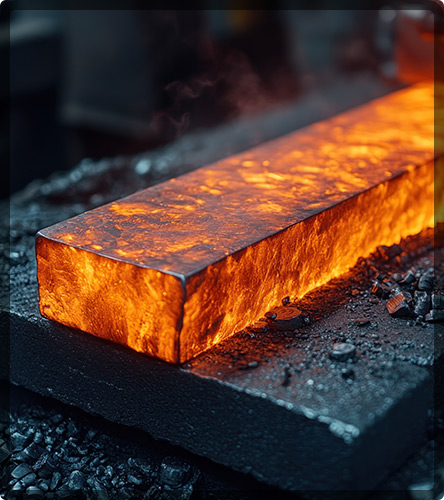
-
Enhanced Strength and Durability: The fundamental improvement in the metal's internal structure through forging leads to significantly stronger and more durable components. This is a primary reason why forging is preferred for critical applications.
-
Superior Structural Integrity: The elimination of internal defects and the creation of a uniform material result in components with greater reliability and resistance to failure under stress. This is crucial for safety and performance.
-
Improved Resistance to Fatigue and Impact: The aligned grain flow provides exceptional resistance to cyclic loading and sudden forces, extending the lifespan and dependability of forged parts in demanding environments.
-
Optimized Grain Flow for Performance Tailoring: The ability to manipulate the grain structure during forging allows for the creation of parts with strength precisely where it's needed, leading to more efficient and effective designs.
-
Versatility and Material Efficiency: Forging can be applied to a wide range of metals and, with modern techniques, can produce near-net-shape parts, minimizing material waste and the need for extensive secondary processing, making it a versatile and often cost-effective solution, especially at scale.
